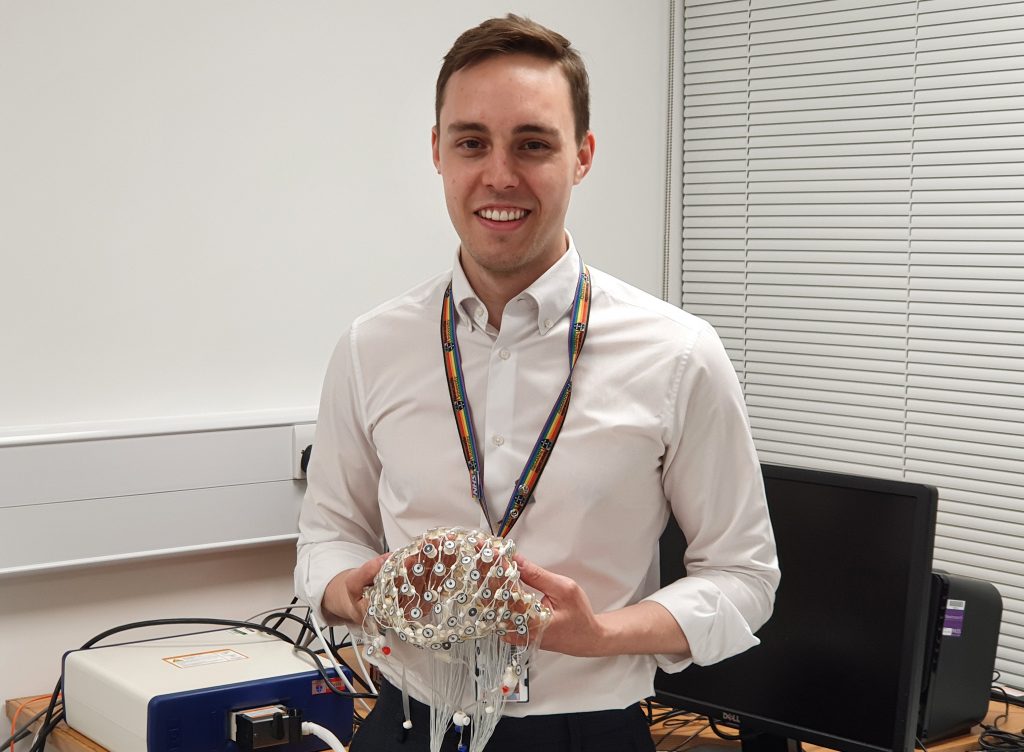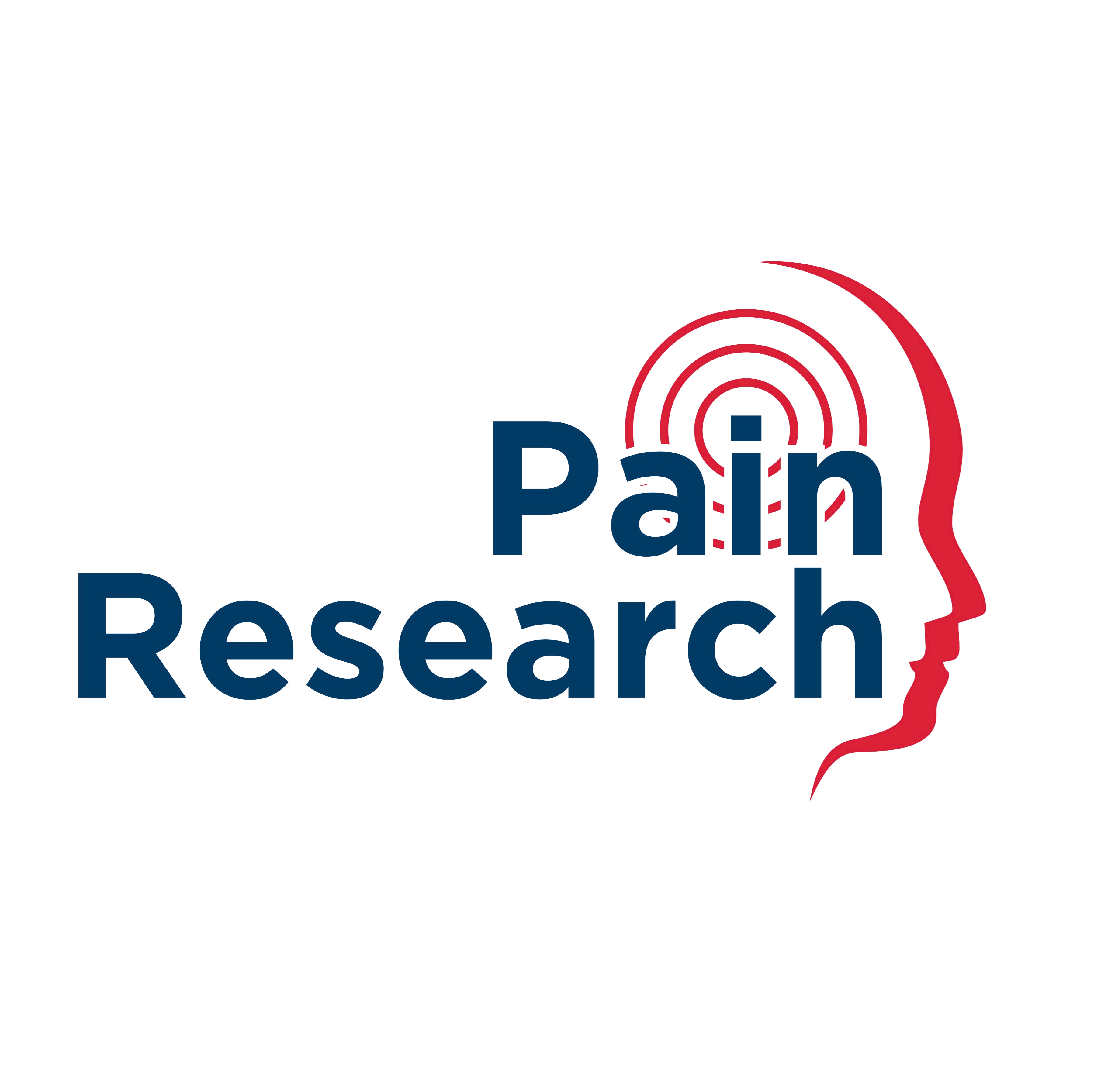Opportunities to be involved in research
The following studies are actively recruiting participants:
Current projects
-
Molecular Interplay in Progression of Neuropathic pain and Parkinson’s Disease.

This study aims to identify the differential gene and protein expression associated with pain pathways in iPSCs-derived sensory neurons obtained from Parkinson’s patients or patients with TSC mutations vs iPSCs controls sensory neurons using genetic and proteins analyses. Then determining the functional abnormalities in patients’ iPSC-derived sensory in response to pain stimuli by using functional…
-
Modulation of pain perception

Pain is a salient percept that can draw our attention away from our current task so we can deal with potential bodily harm. We are interested in how our thoughts and actions can help us deal with pain, for example by distracting us from a painful stimulus. To address this, we use different tasks to…
-
ELUCIDATE: Exploring pain & autonomic dysfunction in ME/CFS & TMD

We are currently looking for people in the northeast of England with ME/CFS, Temporomandibular Disorders (TMD), or neither of these conditions to take part in this study. If you are interested in taking part, please email james.allison@newcastle.ac.uk for more information. Summary of the study Widespread pain affecting the muscles and joints is a significant problem…
Our Research Themes

Mechanisms and pathways of pain
Our work aims to understand how and why acute and persistent pain is experienced in painful conditions such as toothache, persistent facial pain, and neuropathic pain.
Pain therapeutics and clinical trials
In this research theme, our work explores new targets to treat painful conditions and assesses the efficacy, safety, and cost-effectiveness of clinical treatments.


Pain diagnostics
This work aims to improve on the current methods that clinicians have to diagnose pain conditions, and to measure and assess people’s experience of pain.
Applied pain research
Our research uses innovative clinical research, integrating multidisciplinary perspectives, to explore how best to help people who suffer from painful conditions.

Our Collaborators

Academic collaborators
- Osaka University, Japan
- University of Minnesota, MN, USA
- Aarhus University, Denmark
- University of Liverpool, UK
- University of Sheffield, UK
- University of Leeds, UK
- University of Manchester, UK
- Durham University, UK
Industrial collaborators
We work with several companies in the pharmaceutical and medical device sectors.
